
In its decision in the case of Imran Pratapgarhi v. State of Gujarat, which was handed down in 2025, the Supreme Court of India reaffirmed the right to freedom of speech and expression, which is considered to be one of the most fundamental rights in a democratic society.
A poem was not the only thing at issue in this case. It was a question of whether or whether the state has the authority to employ criminal legislation to stifle demonstrations, art, and voices of opposition. Taking advantage of this opportunity, the Supreme Court provided an explanation about the constitutional protection of expression, the responsibility of law enforcement, and the obligation of the courts to preserve fundamental rights.
The Right to Free Speech Is The Foundation of a Democratic Society
In accordance with Article 19(1)(a) of the Constitution of India, every individual is granted the right to freely express themselves. The expression of thoughts, the creation of art, the spreading of messages, and writing are all examples of this. According to the Court, there is no democratic society that can exist without this freedom. It is impossible for citizens to hold the government accountable or to participate in meaningful public discourse if they do not have it.
For any queries or to publish an article or post or advertisement on our platform, do call at +91 6377460764 or email us at contact@legalmaestros.com.
Even if people have a tendency to hate or disagree with particular viewpoints, this is not sufficient grounds for banning or punishing the speaker. Having the right to voice beliefs that are not widely held is part of the freedom of expression. This freedom includes the ability to create works of art such as literature, poetry, filmmaking, satire, and other types of art, which helps to give life greater meaning. Therefore, it is imperative that the courts always preserve this right.
For More Updates & Regular Notes Join Our Whats App Group (https://chat.whatsapp.com/DkucckgAEJbCtXwXr2yIt0) and Telegram Group ( https://t.me/legalmaestroeducators )
Restrictions on the Right to Free Speech: Only Under Extreme Circumstances
Article 19(2) of the Constitution permits certain restrictions to be placed on the freedom of speech. The constraints that are imposed must be “reasonable.” They can be utilized to safeguard public order, security, or morality; however, this is only the case when there is a genuine and life-threatening threat. The Supreme Court ruled that limits should not be treated flippantly or as a form of retaliation for criticism. If this does not occur, the right itself will lose its significance.
Individuals who are extremely sensitive or who are always afraid of criticism should not be considered when evaluating words; rather, the judges underlined that words should be evaluated following the norms of people who are reasonable and strong-minded. A democracy must not behave in a way that suggests it is fragile or insecure.
It was made very plain by the Supreme Court that in order for a person to be found guilty of violating statutes such as those that prohibit hate speech or those that promote animosity, there must be a clear and intentional intention to inflict harm. The term “mens rea” refers to this intent, which is a crucial component of many different criminal statutes. Those who lack it are unable to be penalized simply because others misunderstand or disapprove of the message they are trying to convey.
Especially in situations requiring speech, this concept is of utmost significance. Simply saying or reciting inflammatory remarks is not sufficient evidence to support the assertion that someone was attempting to incite hatred or disrupt peace. Even though they were used in the setting of a demonstration, the words that were used in the case advocated non-violence and peace, according to the explanation provided within the court.
Additionally, the action taken by the police in the case was harshly condemned in the ruling. According to the judges, law enforcement personnel are also citizens, and because they are a part of the state, they are required to abide by the Constitution. They are obligated to safeguard the fundamental rights of citizens rather than infringe upon them.
It was mentioned by the Court that the new Bharatiya Nagarik Suraksha Sanhita (BNSS), 2023, was being discussed. In accordance with the provisions of Section 173(3) of this law, the police have the authority to carry out a “preliminary inquiry” prior to filing a First Information Report (FIR) in the event that the offense entails possible sentences ranging from three to seven years. This is of utmost significance in circumstances, particularly those involving speech, in which the fundamental rights of an individual may be at risk.
It was stated by the Court that this option should be utilized by law enforcement in circumstances that include speech. Before they quickly launch a case, they need to be sure that there is a genuine legal problem by thoroughly examining the situation. In this way, improper use of the law is prevented, and the right to freedom of expression is safeguarded.
It is imperative that the courts put an end to the misuse of the law at an early stage.
The Supreme Court expressed its disapproval of the High Court’s decision to not step in and suspend the lawsuit at an earlier point. The mere fact that an investigation has begun does not indicate that the courts are no longer able to intervene. In the event that the complaint does not provide any evidence of a criminal offense, the courts have the authority to dismiss the case in order to prevent the abuse of the legal system.
When asked about the potential consequences of allowing such cases to proceed, the judges stated that it could have a chilling effect, meaning that individuals would become scared to speak freely. The values outlined in the Constitution would be violated, and democracy would suffer as a result. When people’s rights are under jeopardy, the courts have a responsibility to act as protectors of liberty and to step in.
One of the most significant aspects of the evaluation was the manner in which we evaluate the impact of words. The Supreme Court ruled that we should examine speech in the same manner that a strong and reasonable person would, rather than as someone who is easily offended or who view criticism as a threat at all times.
This is not a novelty at all. Since long before India gained its freedom, it has been a component of Indian legal thought. The Supreme Court relied on previous decisions and reaffirmed that communication should not be evaluated based on the reaction of the group that is the most vocal or sensitive, but rather on the basis of objective norms.
Another topic that was discussed by the Court was the function that art, literature, and protest play in public life. An essential component of democracy is political discourse, which may take the form of protest poems or critical comments. Despite the fact that these forms of speech frequently violate established norms, they are not considered illegal.
That which is permitted should not be determined by popular opinion. Even if the majority does not always agree with what is being said, this should not be a reason to punish the person who is speaking. Courts are obligated to safeguard not only the opinions of the majority but also those that are on the periphery.
Acccountability and Training for law enforcement
The Supreme Court made a number of important suggestions, one of which was that law enforcement agents should get training in constitutional values, particularly when it comes to comprehending the right to free expression. The Court observed that a significant number of officials are either ignorant of these concepts or indifferent about them.
Proper training should be provided by the government to ensure that law enforcement officers are aware of their duties as outlined in the Constitution. It is possible that innocent people may be harassed or silenced if this does not take place. There will be frequent infringement of rights otherwise.
It is a powerful reminder that freedom of expression is not a gift from the state; rather, it is a right that is guaranteed by the Constitution, as the judgment that the Supreme Court made in this particular case demonstrates. It is unacceptable to use the legal system to squelch different points of view, criticism, or creative expression. When the cops act without giving it any thought and the courts refuse to intervene, it is the freedom of the people that ultimately suffers.
We have a responsibility to safeguard the right to speak, to protest, to question, and even to offend in a democratic society, provided that these activities do not constitute actual harm. The Supreme Court has demonstrated that the source of a nation’s genuine power is not in its ability to silence its critics, but rather in its ability to ensure that every voice is heard.


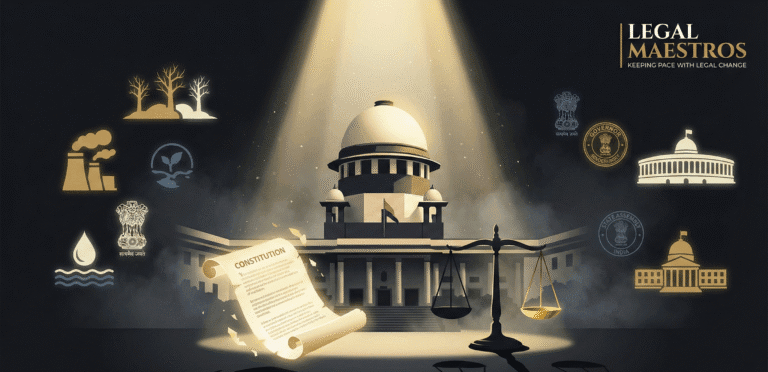
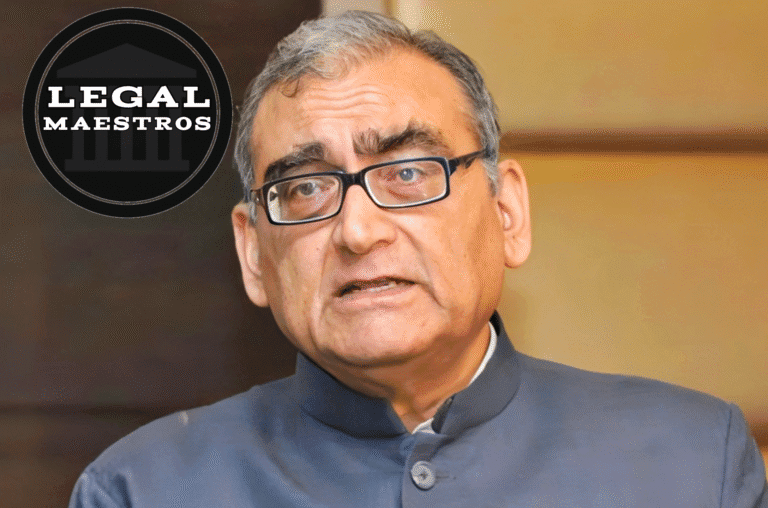

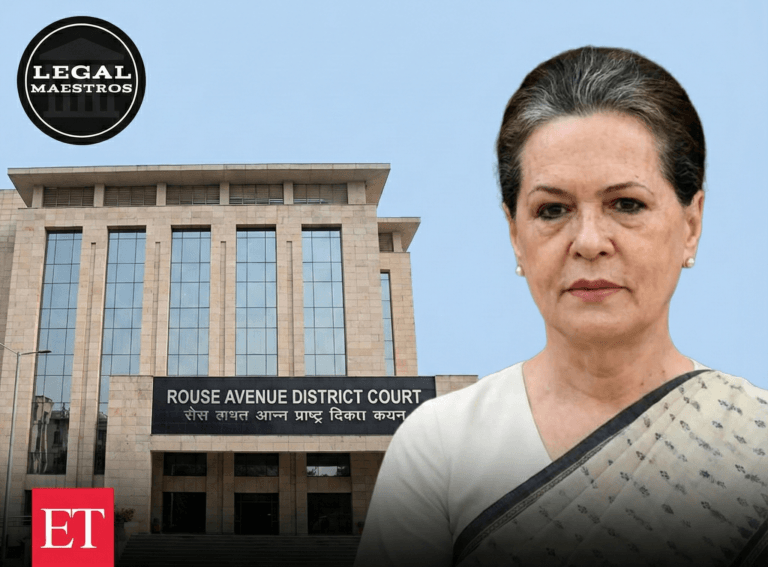
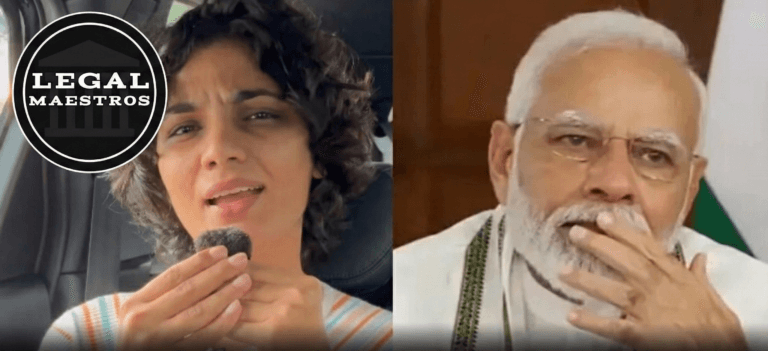
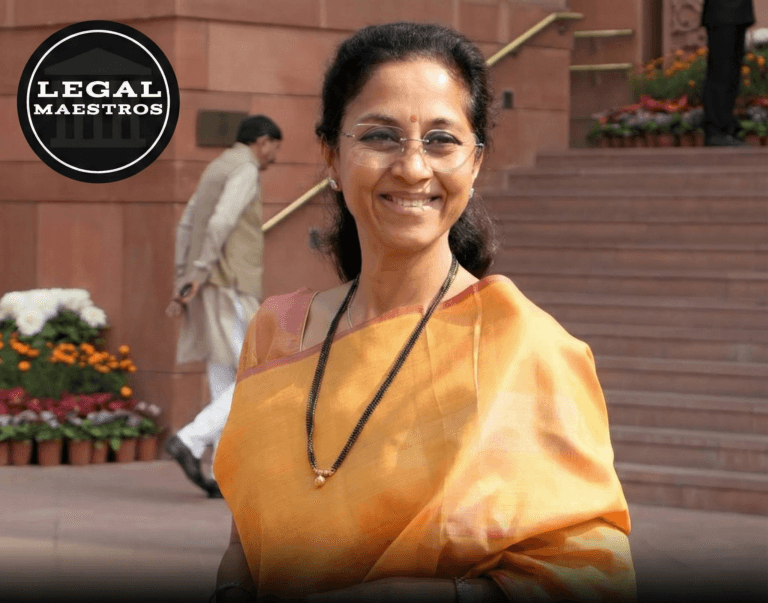
1 thought on “Difference Between FIR Under S. 154 CrPC & S. 173 BNSS as Explained in IMRAN PRATAPGADHI Case”